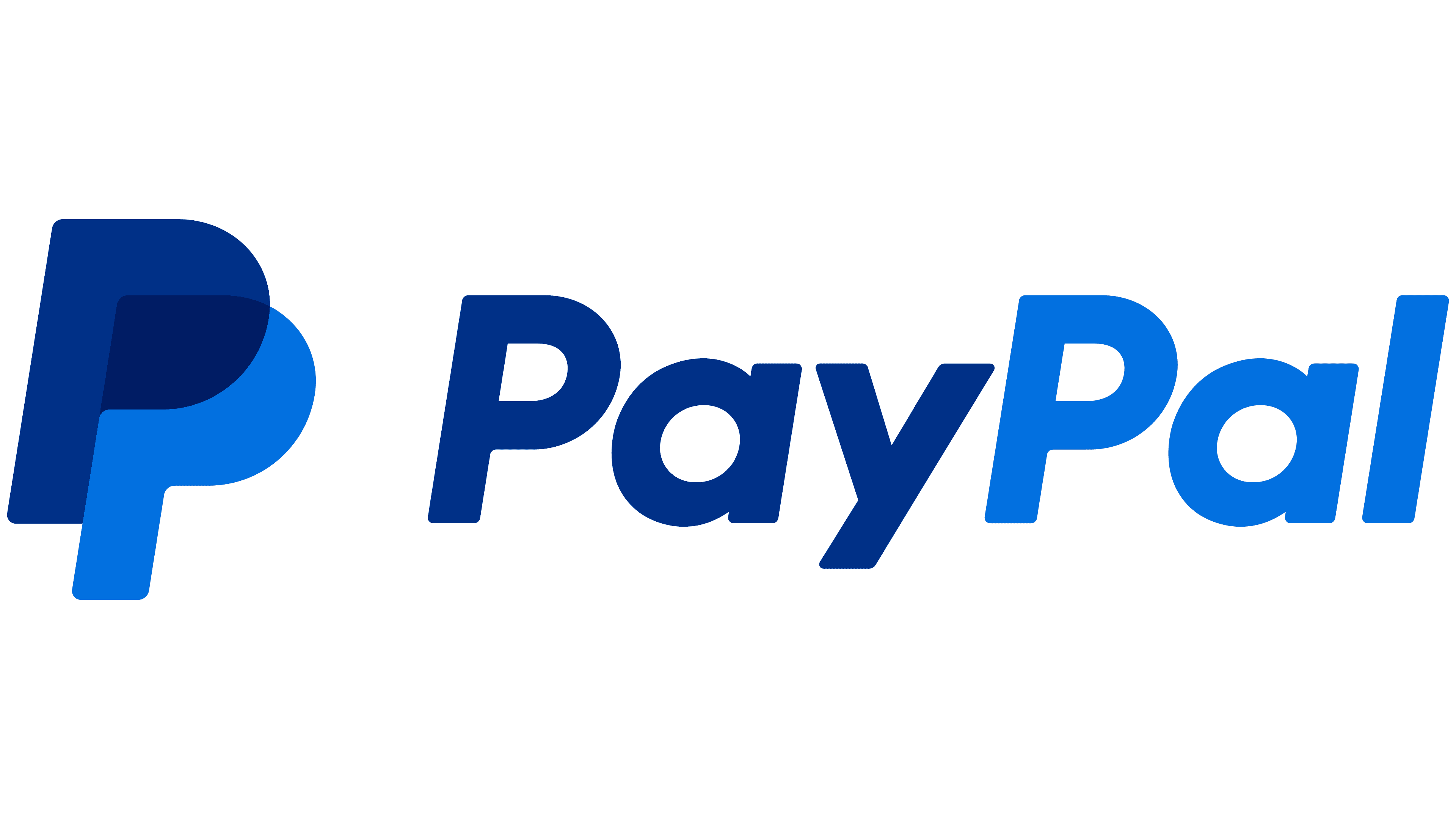Germany signaled it is open to all options, including targeting major U.S. tech firms, in response to the United States’ newly announced auto tariffs, with tensions rising over trade policy under President Donald Trump’s administration. A German government spokesperson said on Friday that “nothing is off the table” when asked whether potential countermeasures could include actions against companies like Google and PayPal.
The comment came after Bernd Lange, a prominent EU lawmaker and chair of the European Parliament’s international trade committee, floated the idea of imposing fees on U.S. digital service providers should talks between Washington and Brussels break down. “Ultimately, service providers are not excluded from possible countermeasures, depending on what the U.S. does and how far and where the spiral leads,” Lange said at a press briefing in Berlin.
The rising friction stems from Trump’s decision earlier this week to impose a 25% tariff on vehicles imported into the U.S., a move with potentially serious consequences for Germany’s auto industry—particularly for Volkswagen, which maintains significant manufacturing operations in Mexico and exports vehicles to the U.S. from there.
EU’s Cautious, Coordinated Response
The German government emphasized that any decision on retaliation would be taken jointly with European Union partners and under the leadership of the European Commission. “Decisions must be made jointly and in consideration of the costs and benefits within the European Union… this process is underway,” the spokesperson said.
While Berlin is still hoping to avoid a full-blown trade war, the tone reflects a hardening stance across the EU as economic stakes rise. The EU has traditionally sought to maintain open trade channels with the U.S., but repeated tariff threats and unilateral actions from Washington have pushed officials to begin discussing more assertive counter-strategies.
Digital Services in the Crosshairs
U.S. tech companies like Google and PayPal have long benefited from access to European markets with relatively limited taxation or fees. However, digital taxation has been a contentious transatlantic issue for years, with EU member states debating how to ensure fair contributions from global tech platforms that dominate the European digital economy.
Should negotiations with the U.S. fail, Lange said it would be reasonable to examine fee-based mechanisms targeting these companies as a potential pressure point.
Diplomatic Path Still Open
Despite the rhetoric, Germany stressed that diplomatic efforts are ongoing. “We are still hoping, we are still counting on reaching agreements,” the government spokesperson said, underscoring a preference for resolution through talks over immediate escalation.
As the EU balances diplomatic caution with a growing appetite for strategic autonomy, the coming weeks will likely determine whether rhetoric turns into policy—and whether U.S. tech firms become the next battleground in transatlantic trade relations.


















